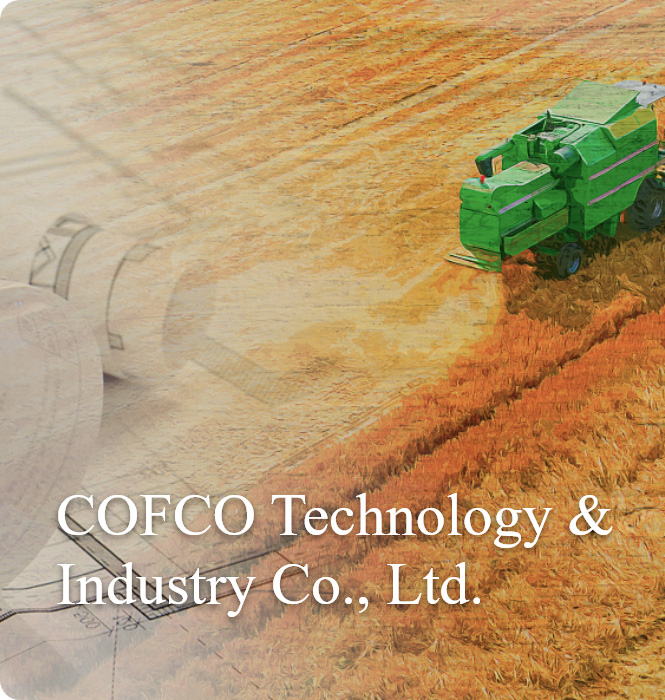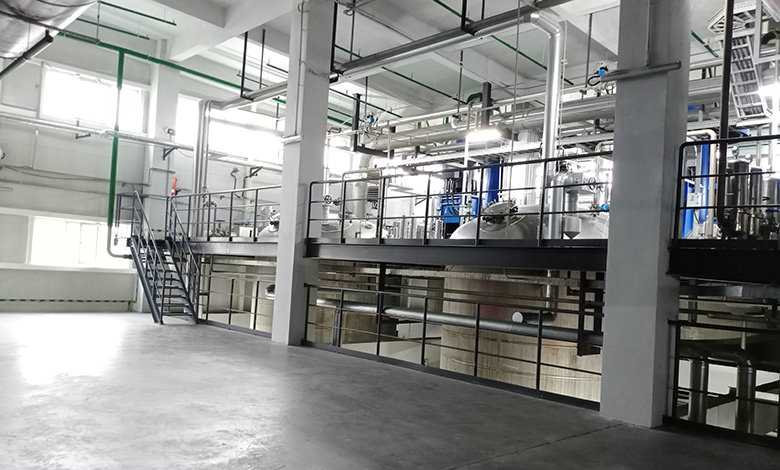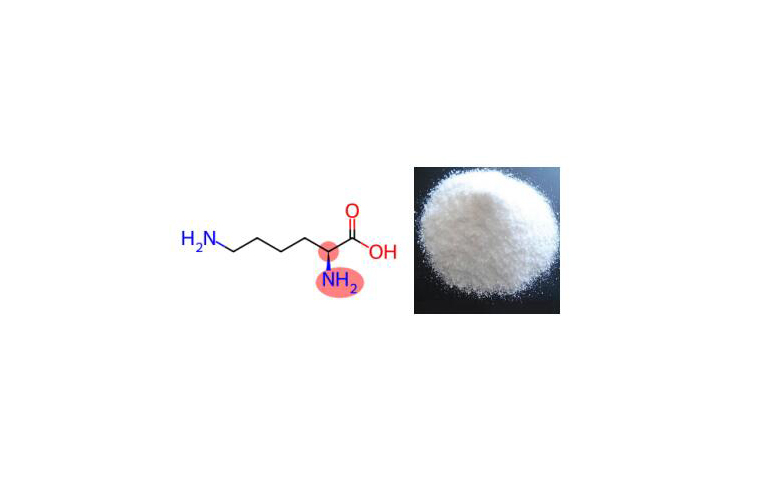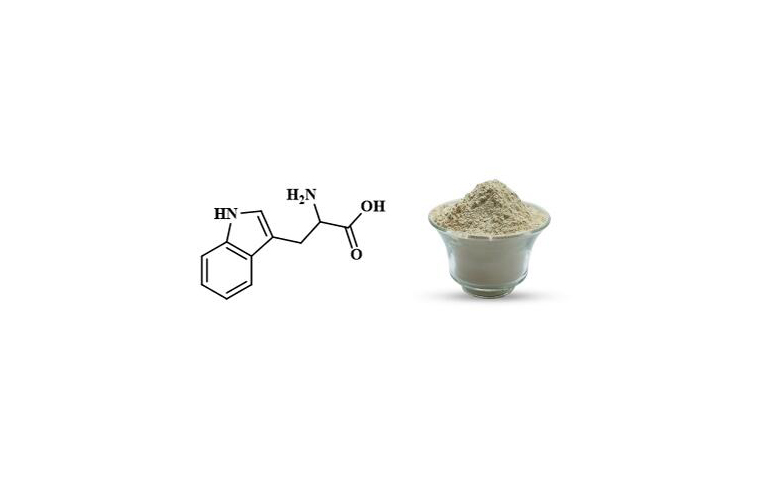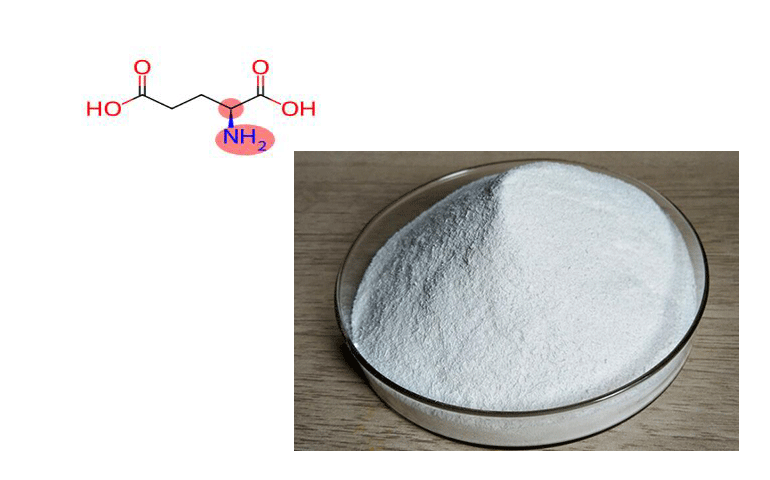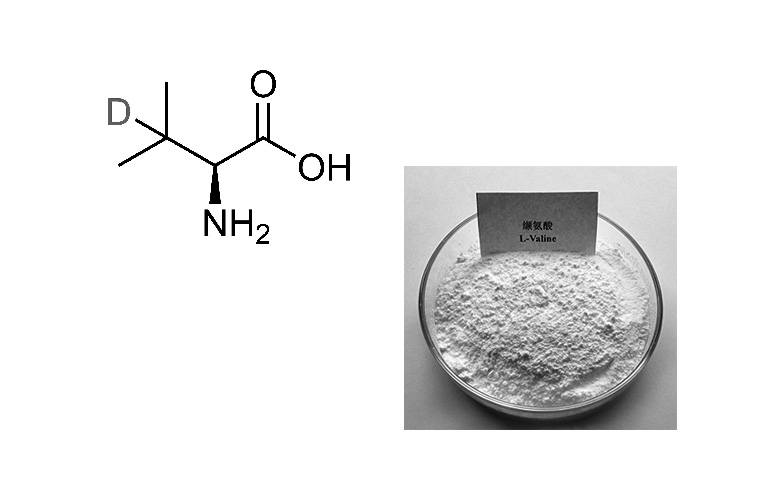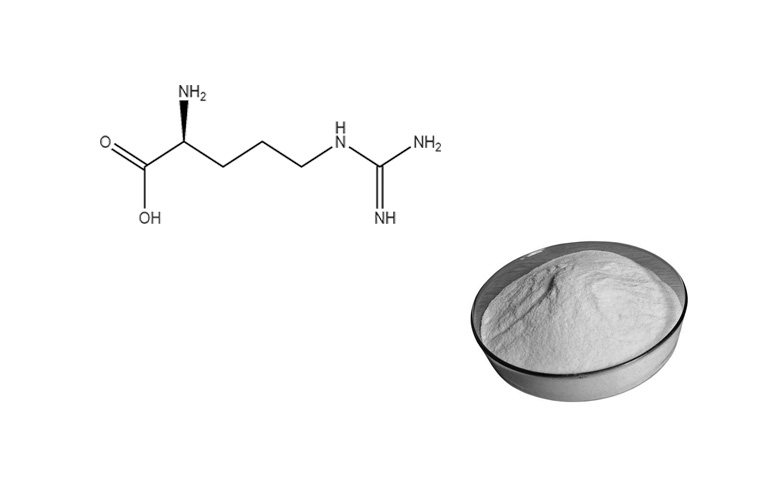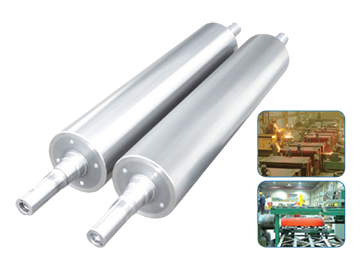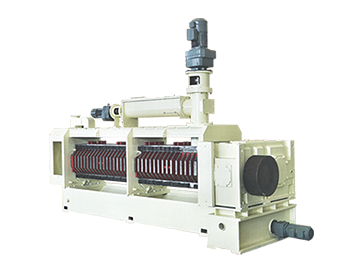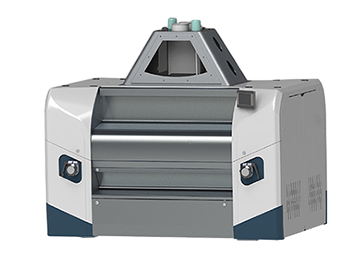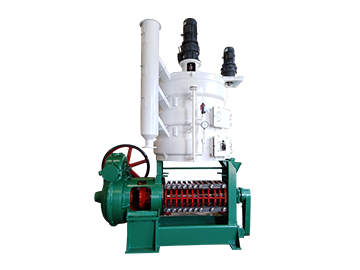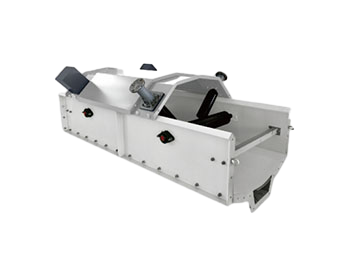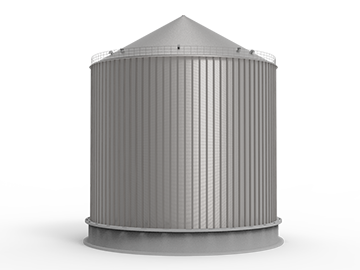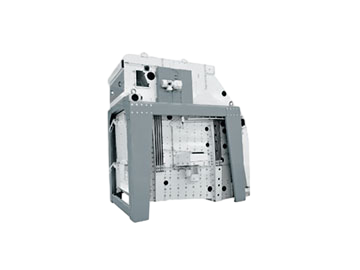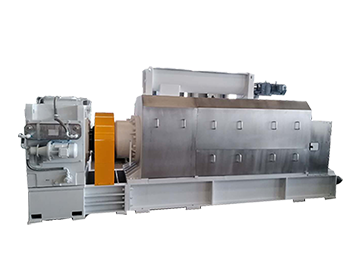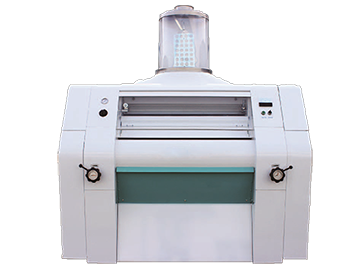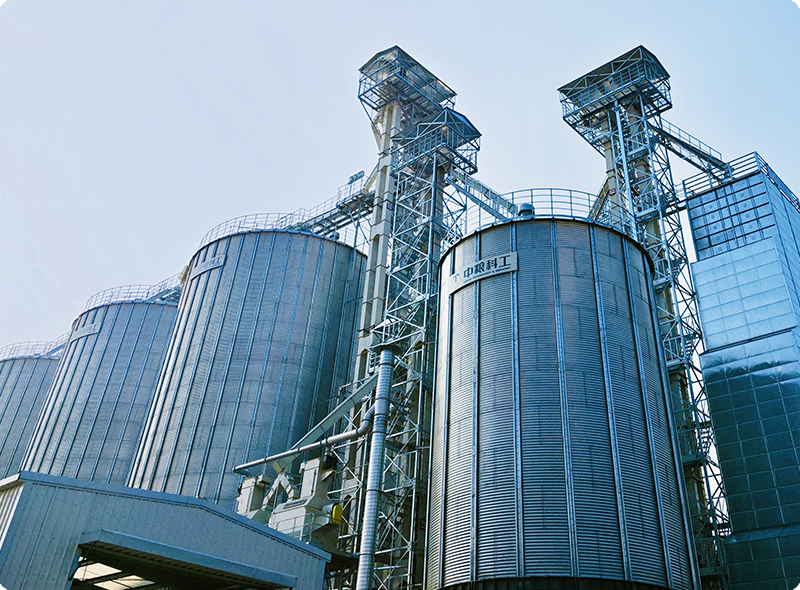Introduction of Threonine Solution
Threonine is an essential amino acid that the human body can’t produce on its own — it must be obtained through food or supplements. It plays a key role in building proteins, supporting the immune system, and maintaining healthy metabolism.
Today, threonine is mainly produced through advanced microbial fermentation technology, which is efficient, reliable, and environmentally friendly. While other methods like enzymatic and chemical synthesis exist, fermentation has become the industry standard for high-quality threonine production.
Today, threonine is mainly produced through advanced microbial fermentation technology, which is efficient, reliable, and environmentally friendly. While other methods like enzymatic and chemical synthesis exist, fermentation has become the industry standard for high-quality threonine production.
We provide a full range of engineering services, including project preparatory work, overall design, equipment supply, electrical automation, installation guidance and commissioning.
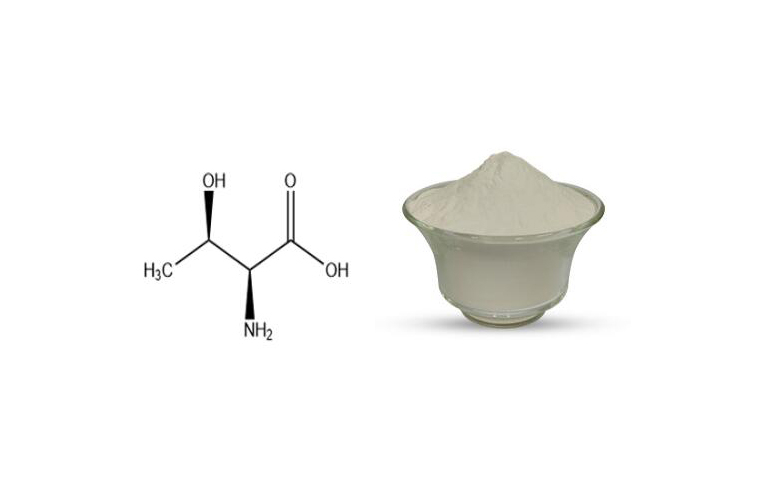
Threonine Production Process
Starch
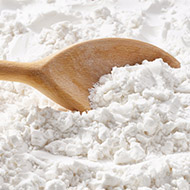
Threonine
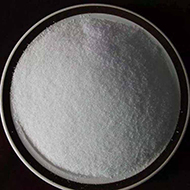
Threonine: Product Functions, Applications, and Forms
Product Functions
Protein Synthesis: Threonine is a vital component of proteins, participating in the construction of various proteins.
Immune Function: Supports the production of immunoglobulins and antibodies, enhancing immunity.
Metabolic Regulation: Involved in fat metabolism, helping to maintain liver health.
Nervous System Support: Acts as a precursor to neurotransmitters, positively impacting nervous system function.
Application Areas
Food Industry: Used as a nutritional fortifier in infant formula, health foods, etc.
Feed Industry: Added to animal feed to promote growth and improve feed efficiency.
Pharmaceutical Field: Incorporated into amino acid infusions and nutritional supplements to aid postoperative recovery and support patients with malnutrition.
Cosmetics: Utilized as a moisturizing ingredient in skincare products.
Product Forms
Powder: Suitable for food and feed additives.
Liquid: Used in pharmaceuticals and cosmetics.
Capsules/Tablets: Offered as dietary supplements.
Protein Synthesis: Threonine is a vital component of proteins, participating in the construction of various proteins.
Immune Function: Supports the production of immunoglobulins and antibodies, enhancing immunity.
Metabolic Regulation: Involved in fat metabolism, helping to maintain liver health.
Nervous System Support: Acts as a precursor to neurotransmitters, positively impacting nervous system function.
Application Areas
Food Industry: Used as a nutritional fortifier in infant formula, health foods, etc.
Feed Industry: Added to animal feed to promote growth and improve feed efficiency.
Pharmaceutical Field: Incorporated into amino acid infusions and nutritional supplements to aid postoperative recovery and support patients with malnutrition.
Cosmetics: Utilized as a moisturizing ingredient in skincare products.
Product Forms
Powder: Suitable for food and feed additives.
Liquid: Used in pharmaceuticals and cosmetics.
Capsules/Tablets: Offered as dietary supplements.
Amino Acid Projects
Related Products
You Are Welcome To Consult Our Solutions, We Will Communicate With You In Time And Provide
Professional Solutions
Full Lifecycle Service
We provide customers with full life cycle engineering services such as consulting, engineering design, equipment supply, engineering operation management, and post renovation services.
We're Here to Help.
Frequently Asked Questions
-
Grain & Oil Processing Equipment as a New Driver of Productivity+Cutting-edge technologies such as synthetic biology and AI-powered precision nutrition are reshaping the food industry, enabling a paradigm shift from “natural growth” to “molecular design.”
-
Technology for Producing Diacylglycerol+Diacylglycerol oil is made from edible oils such as soybean oil, rapeseed oil, flaxseed oil, and palm oil.
-
The enzyme-based production of D-Allulose independently developed by COFCO Corporation+COFCO Biotechnology's Corn Deep Processing National Engineering Research Center, in collaboration with the COFCO Nutrition and Health Research Institute, has developed an enzyme-based technology for producing D-Allulose from corn starch after years of research.
-
Scope of Technical Service for Grain-based Biochemical Solution+At the core of our operations are internationally advanced strains, processes, and production technologies.
Inquiry
